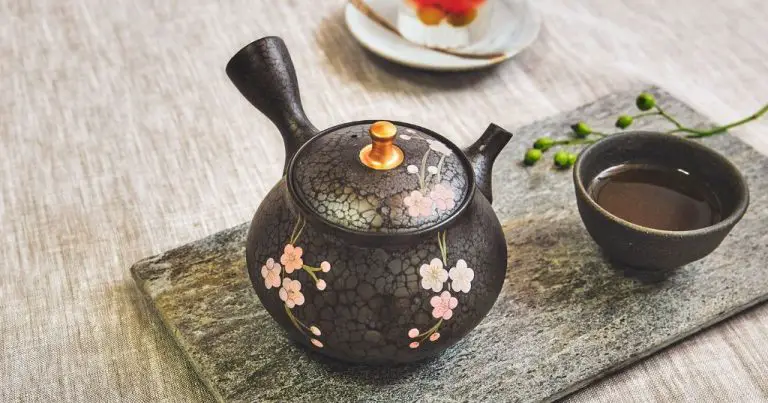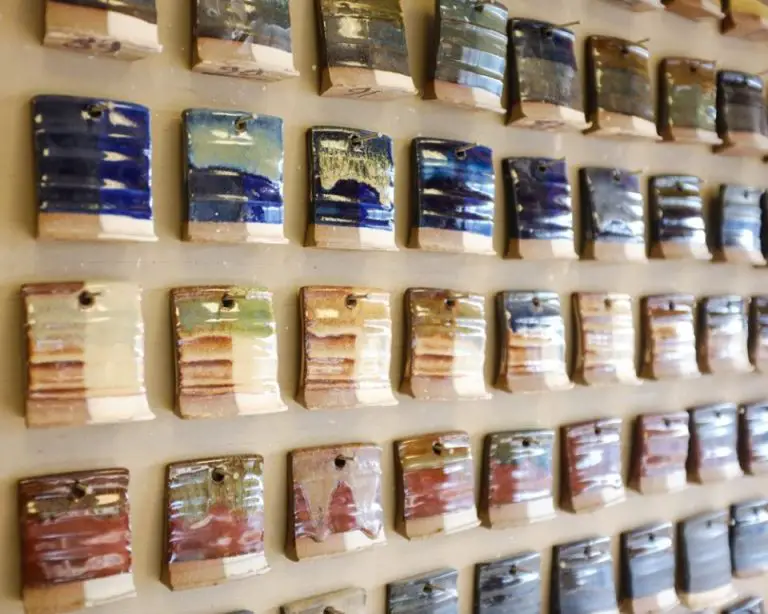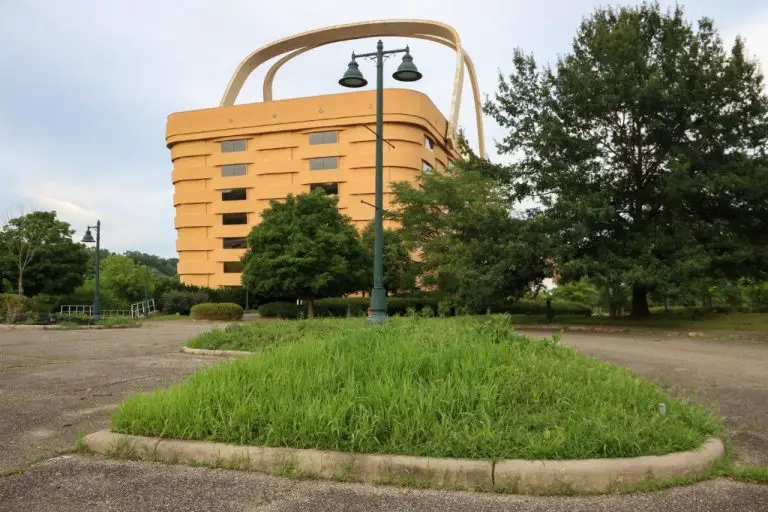Do Dentists Recommend Bamboo Toothbrushes?
Bamboo toothbrushes have become increasingly popular in recent years as an eco-friendly alternative to plastic toothbrushes. This article examines the key benefits and potential drawbacks of bamboo toothbrushes, with a focus on recommendations from dental professionals. The purpose is to provide a comprehensive look at this trending product to help readers determine if switching to a bamboo toothbrush may be right for their oral health needs and environmental values.
Bamboo Toothbrush Basics
Bamboo toothbrushes are made from bamboo, a fast growing grass. Unlike plastic toothbrushes, bamboo toothbrushes are biodegradable and eco-friendly. Bamboo toothbrushes consist of a bamboo handle and nylon bristles. The bamboo handle is manufactured from bamboo stalks that are cut, treated, molded, and sanded into the right shape. The bristles are made from nylon 6 and attached to the bamboo handle via an aluminum or bamboo ferrule (MamaP, 2022).
According to The Bam and Boo (2020), bamboo stalks are first cut into smaller pieces the width of a toothbrush handle. These pieces are then molded using steam and pressure to create the right tapered shape. After molding, the surface is sanded to create a smooth finish. Holes are drilled for attaching the bristles. Finally, nylon bristles are fused into the handle to complete the toothbrush.
The entire process from bamboo plant to finished toothbrush generally takes about two months. Proper treatment and molding helps bamboo toothbrush handles resist water absorption and bacterial growth (Bambuu Brush, n.d.). The resulting toothbrush provides an effective eco-friendly alternative to plastic toothbrushes.
Pros of Bamboo Toothbrushes
One of the biggest advantages of bamboo toothbrushes is that they are biodegradable and compostable. Unlike plastic toothbrushes that can take over 400 years to decompose in landfills, bamboo toothbrushes will break down within months in the right composting conditions (Amazon). The bamboo handles are made from fast-growing bamboo plants, and the bristles are often made from nylon or boar bristles, which are also biodegradable materials. This makes bamboo toothbrushes an eco-friendly alternative to regular plastic toothbrushes.
Bamboo itself also contains antimicrobial properties that prevent bacterial growth (Humble Brush). This natural ability allows the bamboo to break down quickly without fostering microbes during the composting process. Overall, the biodegradable nature of bamboo toothbrushes makes them a more sustainable choice compared to plastic toothbrushes.
Cons of Bamboo Toothbrushes
While bamboo toothbrushes have some advantages, they also have some potential drawbacks to consider:
The bristles on bamboo toothbrushes may be softer than plastic bristles. This can make them less effective at removing plaque and bacteria from the teeth (Greenerlyfe). The nylon bristles are often softer than plastic, which some find less abrasive but others find less effective at cleaning.
Bamboo toothbrushes can also be more expensive than regular plastic toothbrushes. Prices range from $3-8 per brush, while plastic brushes often cost under $1 (Parkcrest Dental).
Additionally, the handle may be prone to mold or bacteria growth since bamboo is porous. Proper care and drying is important to prevent this.
Dentist Recommendations
Overall, dentists typically recommend bamboo toothbrushes as a good option for maintaining oral health. Bamboo toothbrushes are just as effective at plaque removal as regular plastic toothbrushes, according to one study by the Journal of Indian Society of Periodontology (Joshi, 2017). The study found no significant difference in plaque and gingival scores when comparing bamboo toothbrushes to conventional plastic toothbrushes.
Many dentists like that bamboo toothbrushes are more environmentally friendly and sustainable than plastic toothbrushes. According to Dr. Sanda Moldovan, DDS, bamboo toothbrushes are completely biodegradable and don’t contain BPA or other toxins found in some plastics (Colgate). This makes them an eco-friendly choice.
Additionally, bamboo has natural antibacterial properties that help reduce bacteria and germs that can build up on the bristles. Dentists recommend replacing any toothbrush, including bamboo, every 3-4 months to prevent bacteria buildup over time (Colgate). As long as replaced regularly, bamboo toothbrushes get approval from most dental professionals.
Oral Health Benefits
Bamboo toothbrushes provide some important oral health benefits. According to Coastal Dental Care (https://coastaldentalcare.com.au/what-are-the-benefits-of-bamboo-toothbrushes/), bamboo has natural antibacterial properties that help kill bacteria in the mouth and prevent bad breath and gum disease. The bristles are also often softer than traditional nylon toothbrush bristles, so bamboo toothbrushes are gentle on gums.
In terms of plaque removal, bamboo toothbrushes can be just as effective as regular toothbrushes. Parkcrest Dental Group (https://parkcrestdental.com/blog/dental-education/parkcrest-dental-group-bamboo-toothbrush-advantages-disadvantages/) notes that the bristles are sturdy enough to remove plaque effectively. As long as the bristles are not worn out, a bamboo toothbrush will remove plaque and debris from teeth and gumlines.
Overall, bamboo toothbrushes offer oral health benefits due to their antibacterial properties and ability to effectively clean teeth and gums when used properly.
Environmental Impact
Traditional plastic toothbrushes result in significant plastic waste. Approximately 3.6 billion plastic toothbrushes are discarded annually in the United States alone, accounting for approximately 50 million pounds of plastic waste (https://www.forbes.com/sites/jeffkart/2020/03/05/might-a-bamboo-toothbrush-help-save-the-planet/?sh=2dabbe771763). This waste goes into landfills or is incinerated which emits harmful carbon emissions. Plastic toothbrushes do not biodegrade and have an environmental impact on the planet for hundreds of years.
Bamboo toothbrushes address this issue by using bamboo handles which are 100% biodegradable and compostable (https://gcholisticdentalcare.com.au/how-do-bamboo-toothbrushes-help-the-environment.html). Compared to traditional plastic toothbrushes, a bamboo toothbrush takes only 1-2 years to break down and biodegrade once discarded. This greatly reduces the plastic waste and environmental impact associated with toothbrushes. Bamboo toothbrushes have become an eco-friendly alternative to plastic toothbrushes, allowing consumers to make an environmentally conscious choice for their daily oral care routine.
Cost Comparison
A common misconception about bamboo toothbrushes is that they are much more expensive than regular plastic toothbrushes. However, the average cost of a bamboo toothbrush is actually very close to the cost of a regular plastic toothbrush in today’s market.
While bamboo toothbrushes tend to cost a little bit more initially, averaging between $3-5 per toothbrush compared to $1-3 for plastic toothbrushes, prices continue to come down as bamboo production increases. According to Brush With Bamboo, in reality, the average cost of a bamboo toothbrush is very close to the cost of plastic toothbrush in today’s market.
Additionally, bamboo toothbrushes are much more durable than regular toothbrushes, lasting on average 3-6 months compared to the 3-4 weeks of a regular toothbrush. So while the upfront cost may be slightly higher, bamboo toothbrushes end up being more economical in the long run since you have to replace them far less frequently. This cost savings over time combined with their environmental benefits make bamboo toothbrushes a smart investment for many consumers.
Care and Maintenance
Proper care and maintenance are important for getting the most out of your bamboo toothbrush. Here are some tips:
Clean the brush thoroughly after each use. Run it under warm water and gently rub the bristles to remove any remaining toothpaste or debris (source). You can also soak the head in an antibacterial mouthwash periodically to sanitize it (source).
Allow the brush to air dry completely before storing to prevent bacteria growth. Store it upright in a well-ventilated holder, not in a closed container (source). Don’t cover the bristles.
Avoid exposing the bamboo to excess moisture, which can cause swelling. Don’t let it sit in a wet toothbrush holder or soak the entire brush in water.
Replace the brush every 3-4 months or when bristles start to fray. The bamboo handle is biodegradable and compostable when it’s time to dispose of it (source).
Conclusion
In summary, bamboo toothbrushes have both pros and cons compared to traditional plastic toothbrushes. On the plus side, they are more sustainable, biodegradable, and often have softer bristles. However, they may be more prone to bacterial growth, come in limited styles, and cost more. As for dentist recommendations, most dentists agree that proper brushing technique and regularly replacing your toothbrush matter more than the type of brush. While bamboo brushes can work well if properly cared for, plastic brushes are still the most commonly used and recommended by dentists due to their low cost and hygienic qualities. The choice between bamboo and plastic ultimately comes down to your priorities around sustainability, design, and budget.





